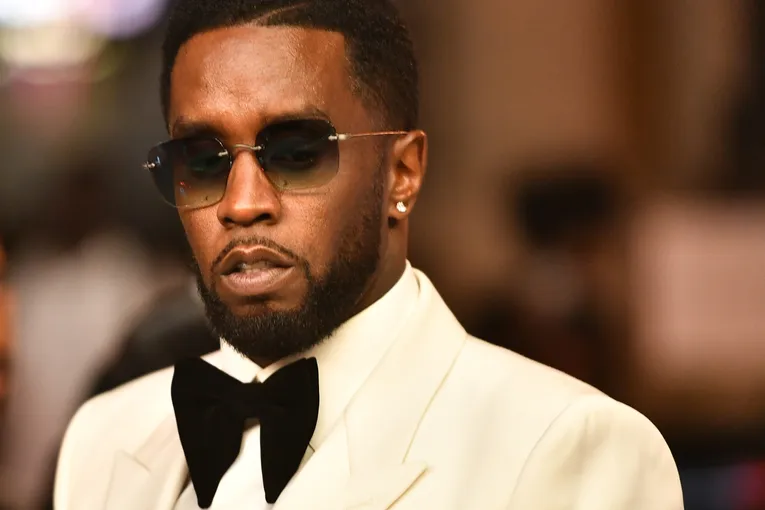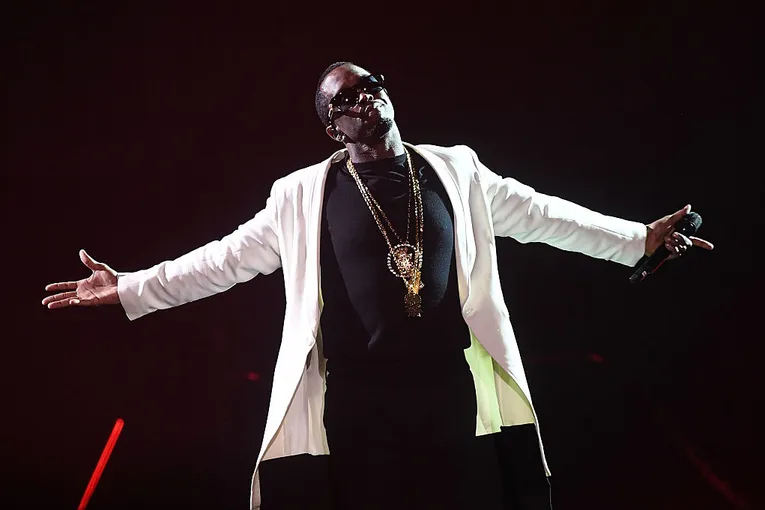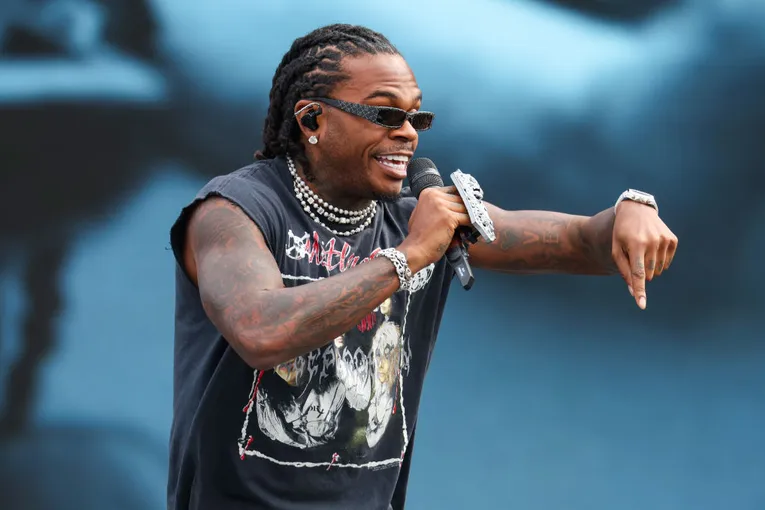All the information you want on the guy who attempted to prevent Diana’s historic BBC Panorama interview
With its depiction of the now-famous Panorama interview between the late Diana, Princess of Wales and Martin Bashir, which was first broadcast in November 1995, The Crown Season 5 has stunned audiences. It shows Bashir’s dishonest tactics for getting the crucial interview for his career as well as how people around him made decisions.
Marmaduke Hussey, Baron Hussey of North Bradley, then-Chairman of the BBC Board of Governors, was one among several who resisted airing the interview. Richard Cordery played Baron Hussey, a devoted royalist whose wife Susan served as one of the Queen’s ladies-in-waiting. She was reputedly jokingly referred to as “Number One Head Girl” at work and was one of the Queen’s most important confidantes in her senior years.
In an argument about the shocking exclusive, Baron Hussey, also known as Duke, confronts John Brit (at the time, the Director General), yelling at him and warning him that he will be on the “wrong side of history” if he chooses to air the interview.
Who, though, was Baron Hussey? Here, Tatler provides the information you require.
The name Marmaduke Hussey honours an uncle who lost his life at the Battle of the Somme. He was raised in Africa, mostly in Uganda, where his father was stationed, but later moved back to England to attend boarding school in Hampshire, Rugby School, and then Trinity College, Oxford. He wed Susan Waldegrave, a Waldegrave family descendant, in 1959. In 1996, he received a peerage and the title Baron Hussey of North Bradley.
At his desire, family members gave him the names “Duke” or “Dukey.” He joined the Grenadier Guards in World War II in 1943, was assigned to Italy, and saw his first combat in the allied landing later that year. He was an intimidating six foot five and 17 stone. He sustained serious injuries in January 1944 at Anzio, Italy, when a German soldier pointed a submachine gun directly at him. His limb was severed when he was a prisoner of war, which led to his return home.
A young guy so anxious that he failed to kill him from only three yards out, according to anecdotal evidence, was the poorest shooter in the Wehrmacht. Hussey was given a prosthetic limb when he got home, but additional bullets ensured that he was in misery for the most of his life.
Despite this, he was chosen to be one of the most important, albeit frequently contentious, characters in British publishing and television. He began his career as a management trainee at Associated Newspapers before rising to the position of managing director of that company’s subsidiary, Harmsworth Publications, and later, the Daily Mail.
Later, Margaret Thatcher, the then-prime minister, personally chose him to lead the BBC. He tightened up growth in this capacity by applying his military expertise. He served as chairman from 1986, when he declared, “I know nothing about broadcasting,” until 1996, the longest tenure in BBC history.
Hussey was appalled by the broadcaster’s covert Panorama interview with the Princess of Wales that was conducted without Buckingham Palace’s knowledge. In an effort to get John Birt to leave, he encouraged the BBC governors to denounce the interview and the director-actions general’s at the time. Due to their concern that Lord Hussey may halt the broadcast, executives waited until the very last minute to inform him of the interview. Hussey left the BBC two months after the incident, writing in his autobiography that it “darkened my last months at the BBC.”





